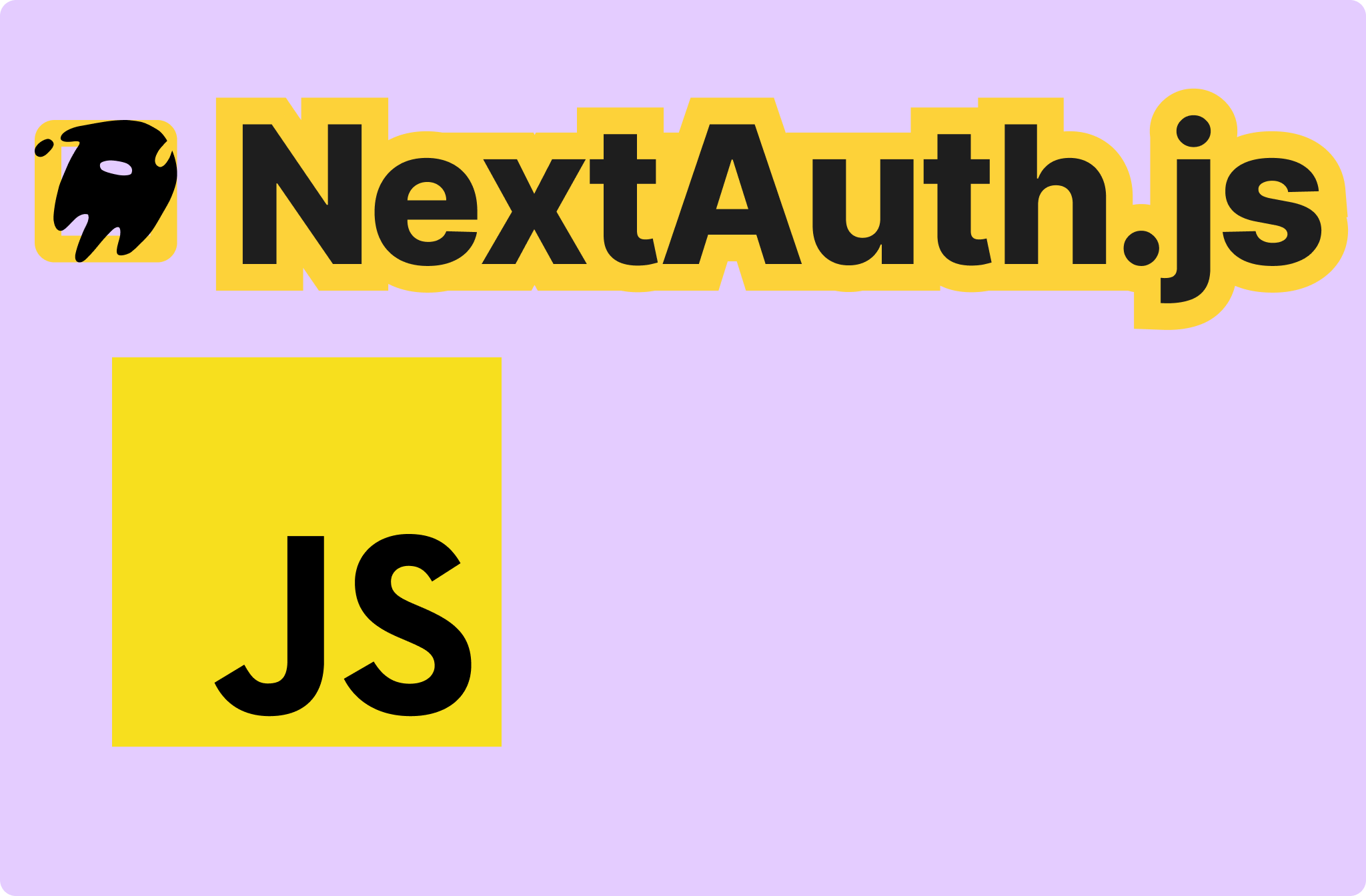Using VCS in Go: Managing Code and Dependencies Effectively
Grace Collins
Solutions Engineer · Leapcell

Key Takeaways
- Go’s module system relies on VCS like Git to manage dependencies during builds.
- VCS metadata is embedded in Go binaries since version 1.18 for better traceability.
- The legacy
vcspackage is deprecated; alternatives likeMasterminds/vcsare preferred.
In the Go programming ecosystem, Version Control Systems (VCS) play a pivotal role in managing source code and dependencies. Go integrates VCS functionalities to streamline module management and build processes. This article delves into how Go interacts with VCS, highlighting the vcs package and its significance.
What Is a VCS?
A Version Control System (VCS) is a tool that tracks changes to files over time, allowing developers to collaborate, revert to previous states, and manage code versions efficiently. Popular VCS tools include Git, Mercurial, Subversion (SVN), and Bazaar.
Go's Integration with VCS
Go's module system, introduced in Go 1.11, relies heavily on VCS for fetching and managing dependencies. When you run commands like go get or go build, Go may interact with VCS repositories to retrieve the necessary code.
To facilitate this, Go maintains a module cache, typically located at $GOPATH/pkg/mod/cache/vcs/. This cache stores cloned repositories, optimizing build times and reducing redundant network calls. The directory names within this cache are derived from hashes of the repository URLs and types.
The vcs Package in Go
The vcs package, found at golang.org/x/tools/go/vcs, provides utilities for interacting with various VCS. It offers functions to resolve import paths and perform operations akin to the go get command. However, it's important to note that this package is deprecated and no longer maintained. Developers are encouraged to use the go list -json command for up-to-date module and import path information.
Embedding VCS Information in Go Binaries
Starting with Go 1.18, the Go compiler embeds VCS metadata into binaries. This includes details like the current commit hash, commit time, and a flag indicating if there are uncommitted changes. This feature enhances traceability and debugging capabilities.
To view this information, you can use the go version -m command on the compiled binary. Alternatively, within your Go program, you can access this data using the debug.ReadBuildInfo() function.
Alternative VCS Packages in Go
Beyond the standard vcs package, the Go community has developed other libraries to interact with VCS:
-
Masterminds/vcs: This package offers a unified interface to work with Git, SVN, Mercurial, and Bazaar repositories. It provides functionalities like cloning, updating, and retrieving commit information.
-
Sourcegraph/go-vcs: Designed for reading and manipulating repositories, this package supports operations like fetching commits, branches, and tags. It's particularly useful for tools that need to analyze or visualize repository data.
Conclusion
Version Control Systems are integral to Go's module management and build processes. While the standard vcs package has been deprecated, Go continues to provide robust mechanisms to interact with VCS, ensuring efficient dependency management and build reproducibility. For advanced VCS operations, developers can leverage community-maintained packages like Masterminds/vcs and Sourcegraph/go-vcs.
FAQs
Go fetches dependencies directly from VCS repositories (e.g., Git) to ensure versioned and reproducible builds.
Run go version -m <binary> or use debug.ReadBuildInfo() to see VCS data embedded during compilation.
Use tools like go list -json, or community libraries like Masterminds/vcs for more advanced VCS operations.
We are Leapcell, your top choice for hosting Go projects.
Leapcell is the Next-Gen Serverless Platform for Web Hosting, Async Tasks, and Redis:
Multi-Language Support
- Develop with Node.js, Python, Go, or Rust.
Deploy unlimited projects for free
- pay only for usage — no requests, no charges.
Unbeatable Cost Efficiency
- Pay-as-you-go with no idle charges.
- Example: $25 supports 6.94M requests at a 60ms average response time.
Streamlined Developer Experience
- Intuitive UI for effortless setup.
- Fully automated CI/CD pipelines and GitOps integration.
- Real-time metrics and logging for actionable insights.
Effortless Scalability and High Performance
- Auto-scaling to handle high concurrency with ease.
- Zero operational overhead — just focus on building.
Explore more in the Documentation!
Follow us on X: @LeapcellHQ




